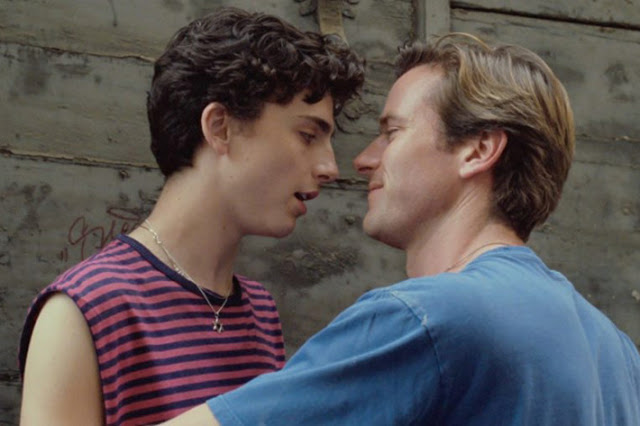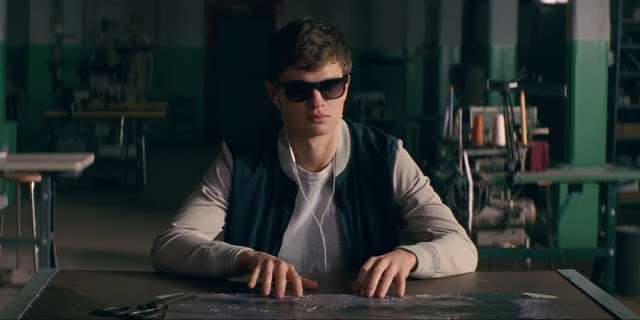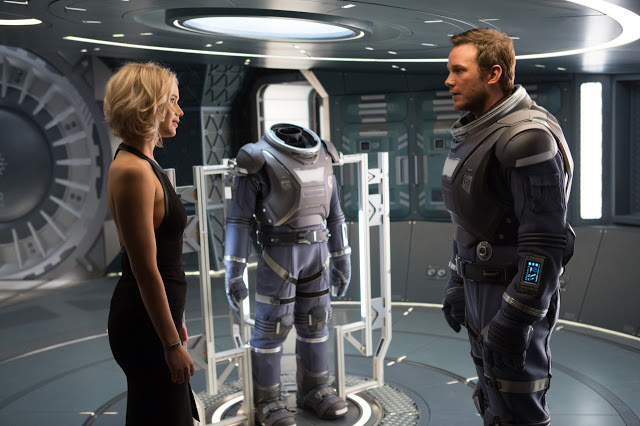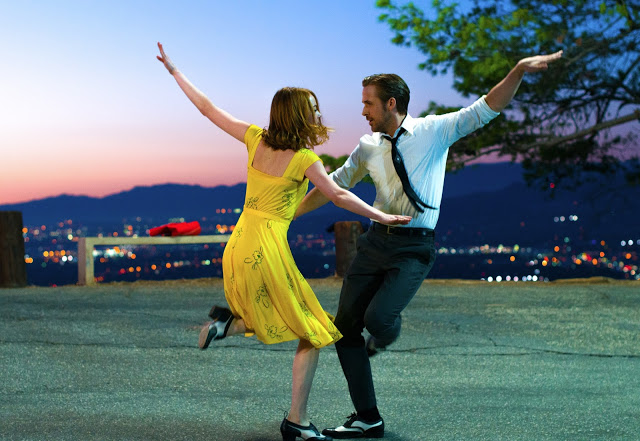If Beale Street Could Talk: Surges of Passion, Even from Behind Bars
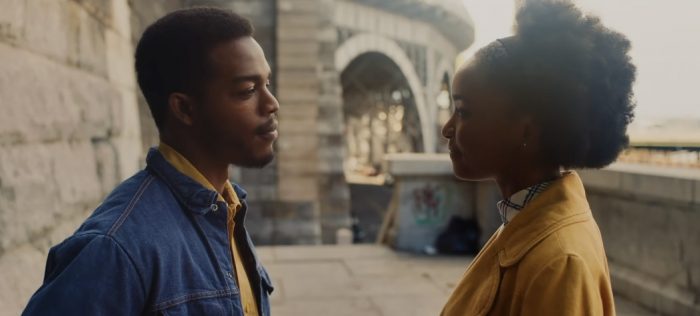
A movie awash in potent contradictions—intimate vs. operatic, reserved vs. vivacious, hopeful vs. disillusioned, wrongfully accused vs. savagely victimized—If Beale Street Could Talk opens with a quotation from James Baldwin, who wrote the novel upon which the film is based. The selected passage, which discusses “the impossibility and the possibility” (more contradictions!), directs “the reader” to draw certain inferences from what follows. This is a curious instruction, given that what follows is not a book but a movie; we aren’t readers, we’re viewers. It also illuminates the challenge that Barry Jenkins has accepted in choosing to adapt Baldwin’s novel, the tricky task of translating spiky words on a page to the visual language of the screen. In making If Beale Street Could Talk, Jenkins is attempting both to pay homage to one of the 20th century’s most important authors and to imbue that author’s prose with his own distinctly cinematic voice.
Not having read the novel, I can’t speak to the veracity of the on-screen result. What I can say is that, for the most part, this moving-picture version of If Beale Street Could Talk walks the line nicely, capturing Baldwin’s frustration and rage while also functioning as an honest-to-God movie. There are times when Jenkins’ ambitions get the better of him, and when the sheer scope of his undertaking threatens to overwhelm the particular plight of his characters. Yet even when he struggles to corral his myriad ideas into a tidy package (and to be sure, the film’s lack of tidiness is part of its point), Jenkins flaunts a vigorous command of his medium, breathing bold and colorful life into a story that is, in some ways, fairly black-and-white. Read More

